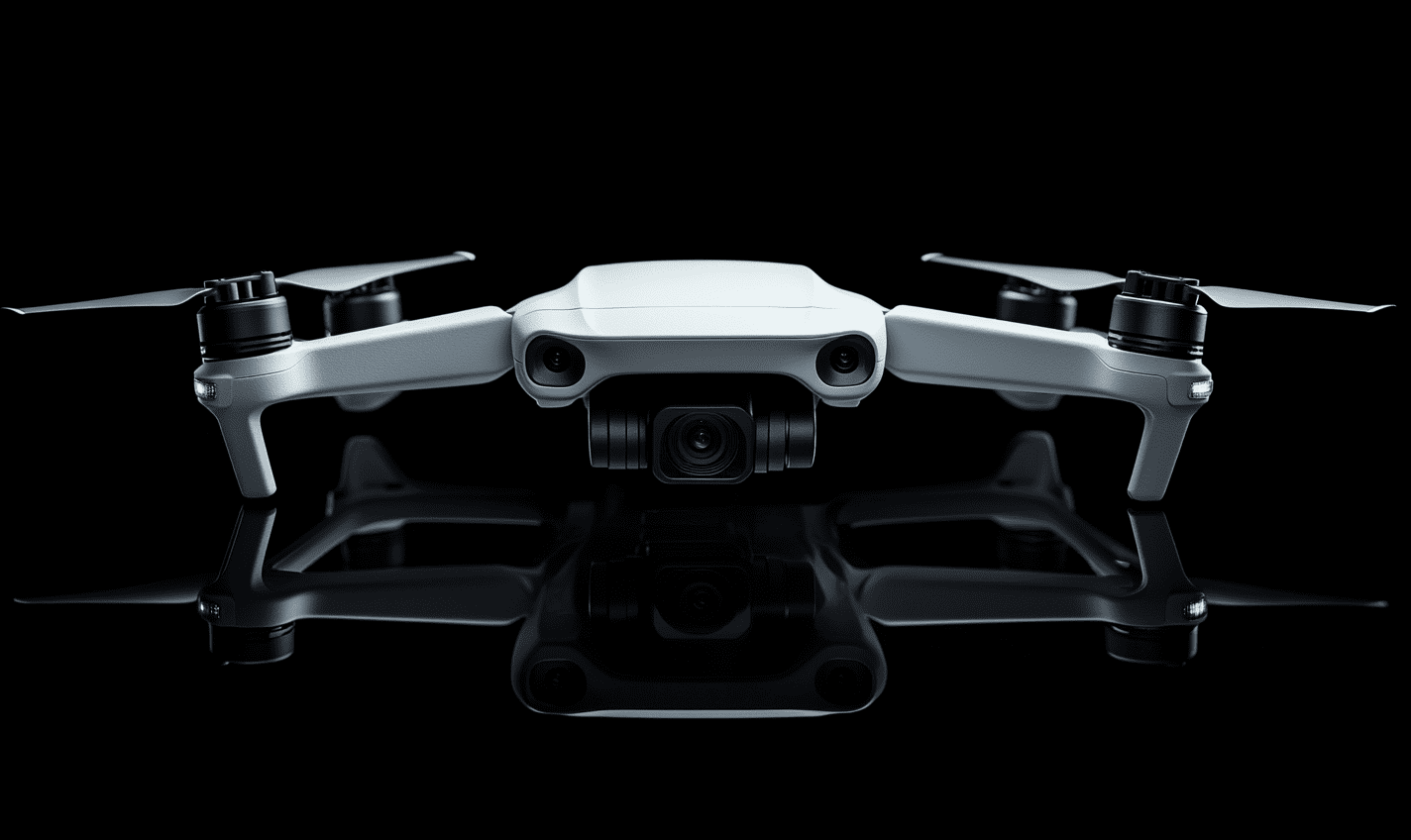The drone industry has witnessed exponential growth over the past decade. Drones are no longer just recreational gadgets; they’ve become indispensable tools across various industries. Starting a drone business can be an exciting and profitable endeavor, offering services that range from aerial photography to agricultural monitoring.
This comprehensive guide will walk you through everything you need to know to launch a successful drone business. We’ll cover the legal requirements, necessary skills, potential business ideas, and practical steps to get your venture off the ground.
2. Why Start a Drone Business?
Rapid Industry Growth
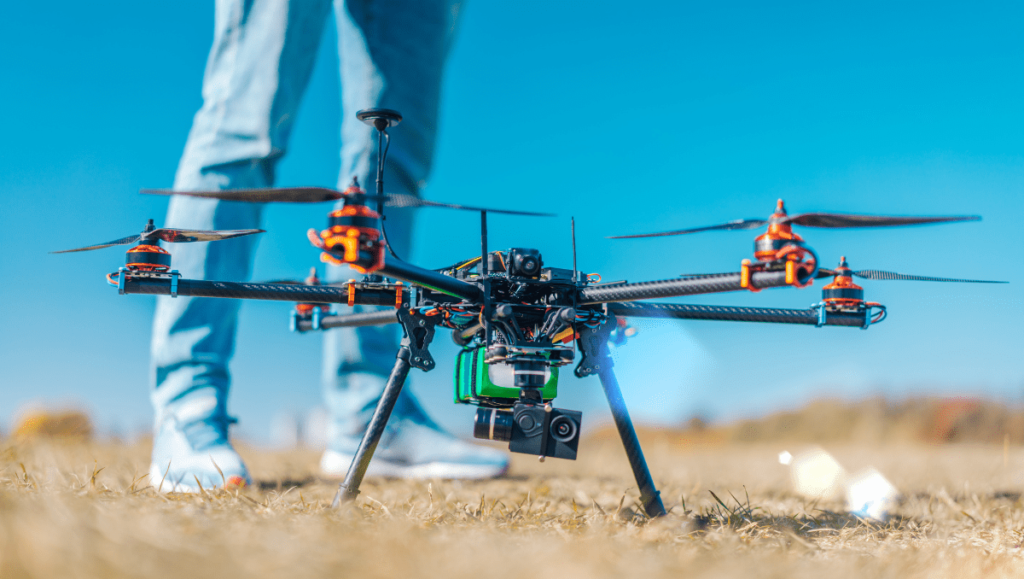
The global drone market is booming, with forecasts predicting significant growth in the coming years. Industries such as agriculture, real estate, construction, and entertainment are increasingly relying on drone technology for various applications.
High Demand for Drone Services
As businesses recognize the cost-effectiveness and efficiency of drones, there’s a growing demand for skilled drone operators. This demand creates ample opportunities for entrepreneurs to offer specialized services.
Relatively Low Startup Costs
Compared to many other businesses, starting a drone enterprise requires a modest initial investment. With the right equipment and certifications, you can begin offering services without a massive financial outlay.
Flexible and Exciting Work
Operating a drone business allows for flexible working hours and the opportunity to work in diverse environments. Whether capturing stunning landscapes or inspecting infrastructure, the work can be both rewarding and adventurous.
3. Understanding the Drone Industry
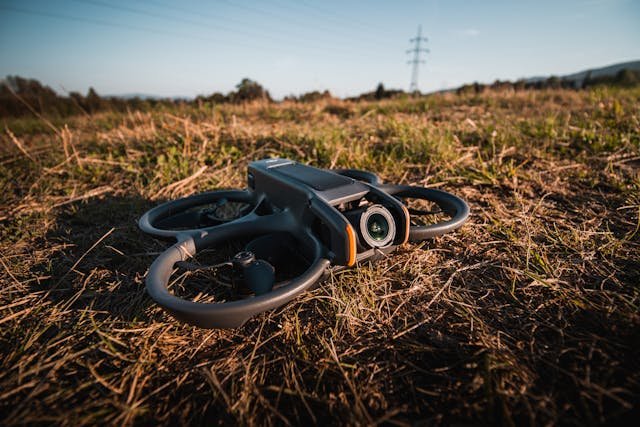

Before diving in, it’s crucial to understand the landscape of the drone industry.
Market Segments
- Commercial Drones: Used for business purposes like inspections, deliveries, and data collection.
- Recreational Drones: Used by hobbyists and enthusiasts for entertainment.
Key Industries Utilizing Drones
- Agriculture
- Real Estate
- Construction
- Media and Entertainment
- Emergency Services
- Environmental Monitoring
Technological Advancements
Advancements in drone technology, such as improved battery life, better sensors, and enhanced software capabilities, are expanding the potential applications and efficiency of drones.
4. Types of Drone Businesses
There are numerous niches within the drone industry. Identifying the right one for you depends on your interests, skills, and market demand.
Service-Based Businesses
- Aerial Photography/Videography
- Inspection Services
- Mapping and Surveying
- Agricultural Monitoring
Product-Based Businesses
- Drone Manufacturing
- Parts and Accessories Retail
Educational Services
- Drone Pilot Training
- Consulting Services
5. Essential Skills and Qualifications
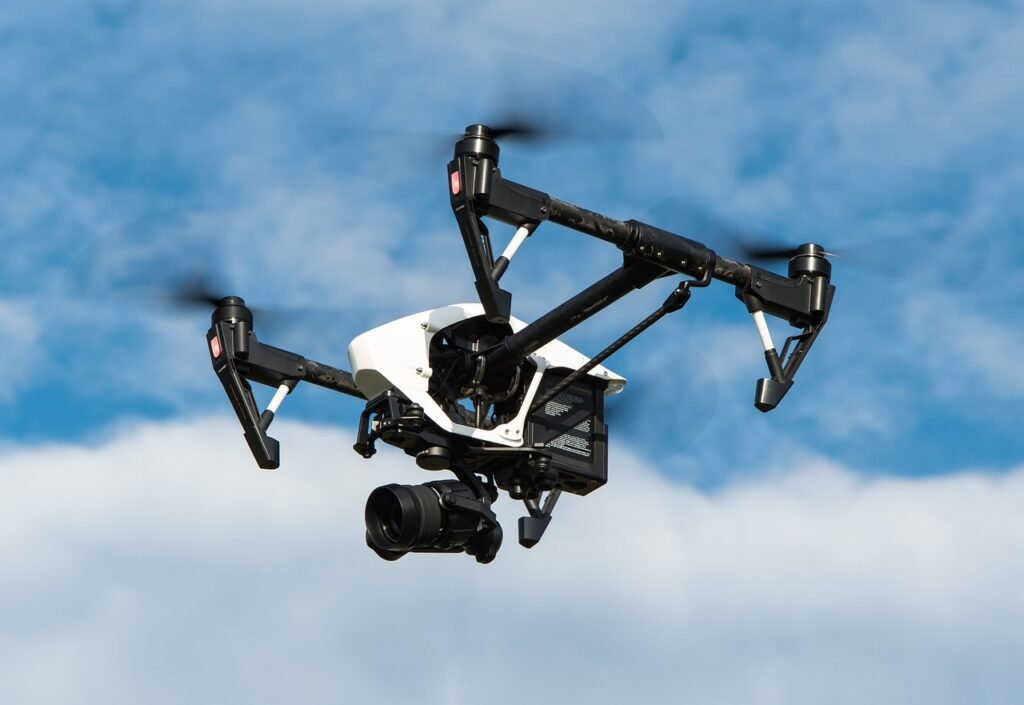

To run a successful drone business, you’ll need a combination of technical skills and business acumen.
Drone Operation Skills
- Proficient Flying Skills: Mastery of manual controls and autonomous flight modes.
- Understanding of Airspace and Aviation Principles
- Maintenance and Troubleshooting
Technical Skills
- Photography and Videography
- Data Analysis and Interpretation
- Software Proficiency: Familiarity with editing software, mapping tools, or agricultural analysis programs.
Business Skills
- Marketing and Sales
- Financial Management
- Customer Service
6. Legal Requirements and Regulations
Operating drones commercially involves adhering to specific laws and regulations to ensure safety and compliance.
Federal Aviation Administration (FAA) Regulations
In the United States, the FAA governs drone operations.
- Part 107 Certification: Commercial drone pilots must obtain a Remote Pilot Certificate under FAA’s Part 107 rules.
- Drone Registration: Drones weighing over 0.55 pounds must be registered with the FAA.
Operational Limitations
- Visual Line-of-Sight (VLOS): The drone must remain within the pilot’s sight at all times.
- Altitude Restrictions: Maximum altitude is typically 400 feet above ground level.
- Airspace Restrictions: Certain areas require permission to operate, such as near airports or restricted zones.
State and Local Regulations
Check for any additional state or local laws regarding drone operations, privacy, or noise ordinances.
7. Step-by-Step Guide to Starting Your Drone Business


7.1. Define Your Niche
Identify the specific services you want to offer based on your skills, interests, and market demand.
- Research Market Needs
- Analyze Competitors
- Consider Your Expertise
7.2. Develop a Business Plan
A solid business plan outlines your objectives and strategies.
- Executive Summary
- Market Analysis
- Services Offered
- Marketing and Sales Plan
- Financial Projections
7.3. Obtain Necessary Certifications
Gain the required certifications to operate legally.
- Study for the Part 107 Exam: Utilize study guides, online courses, or training programs.
- Pass the FAA Part 107 Exam
- Obtain Your Remote Pilot Certificate
7.4. Invest in the Right Equipment
Choose equipment suited to your services.
Drone Selection
- Camera Quality
- Flight Time
- Range and Altitude Capabilities
- Payload Options
Additional Equipment
- Extra Batteries
- Propellers
- Carrying Cases
- Software Tools
7.5. Get Insurance
Protect your business with appropriate insurance.
- Liability Insurance: Covers damages or injuries caused during operations.
- Drone Hull Insurance: Covers physical damage to your drone.
- Professional Indemnity Insurance: Covers legal costs in case of negligence claims.
7.6. Register Your Business
Choose a business structure and register accordingly.
- Sole Proprietorship
- Limited Liability Company (LLC)
- Corporation
Register with your state’s Secretary of State office and obtain any necessary business licenses.
7.7. Build Your Brand and Online Presence
Create a professional image for your business.
- Business Name and Logo
- Website Development
- Social Media Profiles
- Portfolio Creation
7.8. Market Your Services
Develop strategies to reach potential clients.
- Search Engine Optimization (SEO)
- Content Marketing
- Paid Advertising: Google Ads, Social Media Ads
- Networking Events
- Partnerships and Collaborations
8. Drone Business Ideas
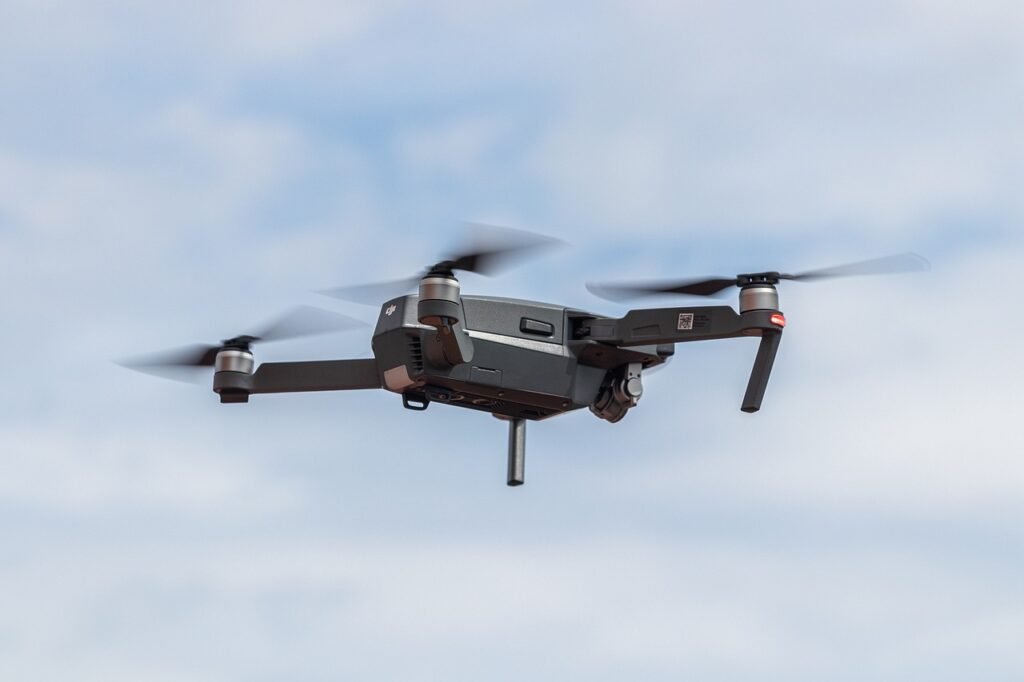

8.1. Aerial Photography and Videography
Capture stunning images and videos from the sky for various clients.
- Real Estate Listings
- Tourism Promotion
- Filmmaking
8.2. Real Estate Marketing
Provide aerial views of properties to enhance marketing efforts.
- Residential Properties
- Commercial Real Estate
- Land Development
8.3. Agriculture and Crop Monitoring
Use drones to help farmers monitor crop health and improve yields.
- Crop Scouting
- Plant Health Analysis
- Irrigation Monitoring
8.4. Construction and Infrastructure Inspection
Assist in monitoring construction sites and inspecting infrastructure.
- Progress Tracking
- Safety Inspections
- Structural Assessments
8.5. Environmental Conservation
Support conservation efforts by providing aerial data.
- Wildlife Monitoring
- Habitat Mapping
- Environmental Impact Assessments
8.6. Search and Rescue Operations
Aid emergency services in locating missing persons.
- Thermal Imaging
- Rapid Area Coverage
- Difficult Terrain Access
8.7. Event Coverage
Offer unique perspectives for events.
- Weddings
- Sports Events
- Festivals
8.8. Mapping and Surveying
Provide detailed maps and 3D models.
- Land Surveying
- Urban Planning
- Resource Management
8.9. Drone Maintenance and Repair
Offer services to fix and maintain drones.
- Repair Services
- Upgrades
- Routine Maintenance
8.10. Training and Consulting
Educate others on drone operations and compliance.
- Pilot Training Programs
- Business Consulting
- Workshops and Seminars
9. Financial Considerations
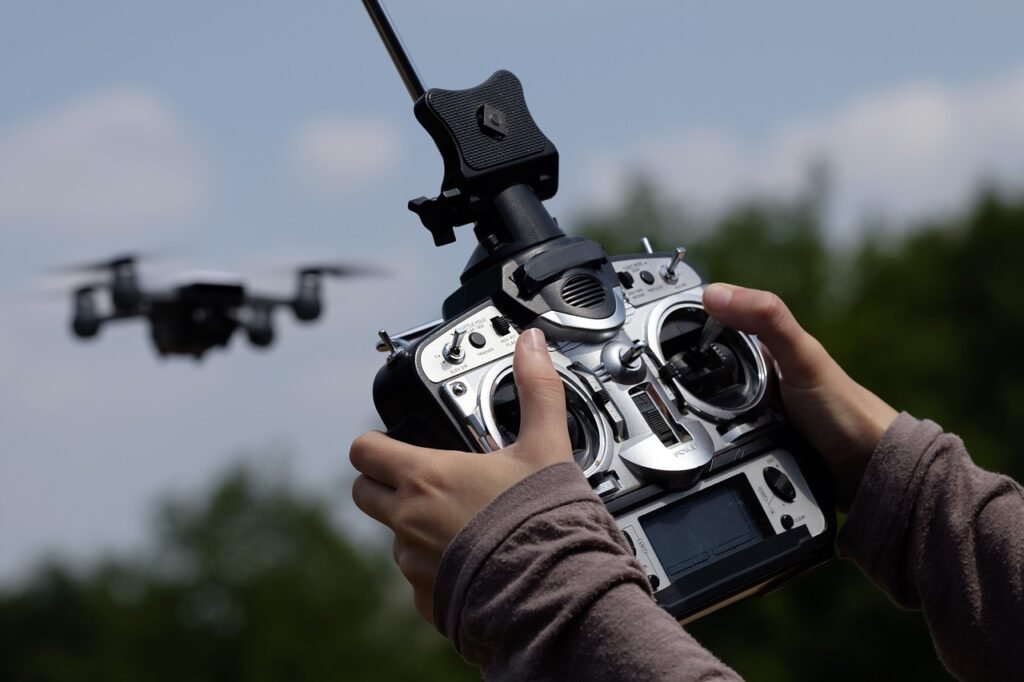

9.1. Startup Costs
Estimate your initial expenses.
- Drone and Equipment Purchase
- Licensing and Certification Fees
- Insurance Premiums
- Marketing Expenses
- Office Setup (if applicable)
9.2. Pricing Your Services
Determine competitive yet profitable rates.
- Market Rates Research
- Value-Based Pricing
- Package Deals
9.3. Managing Expenses
Keep track of your finances to ensure profitability.
- Accounting Software
- Expense Tracking
- Regular Financial Reviews
10. Challenges and How to Overcome Them
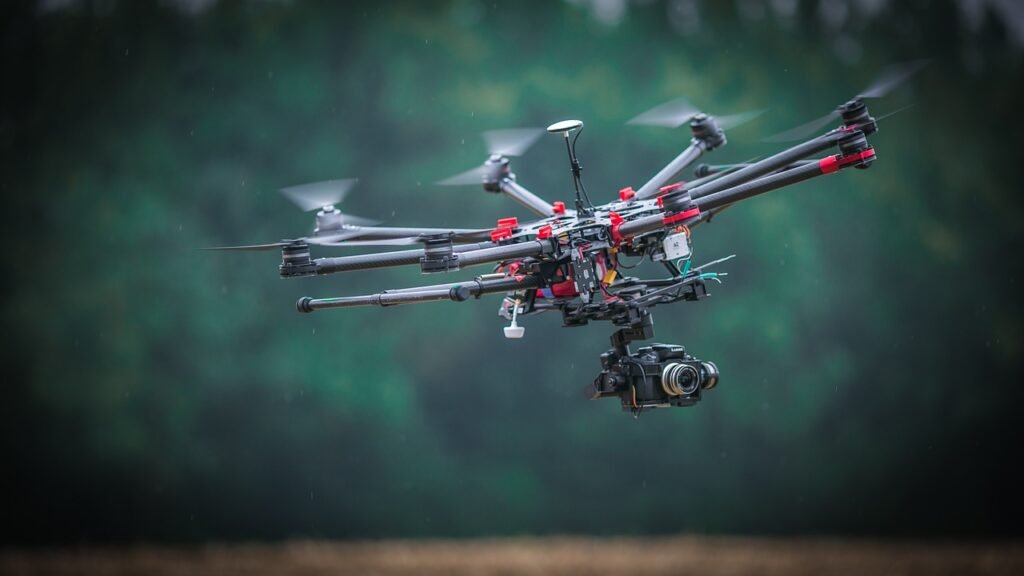

Competitive Market
- Differentiate Your Services
- Focus on Quality and Professionalism
Regulatory Changes
- Stay Informed on Laws
- Join Industry Associations
Technological Advances
- Continuous Learning
- Invest in Upgrading Equipment
Client Acquisition
- Effective Marketing Strategies
- Exceptional Customer Service
11. Tips for Success
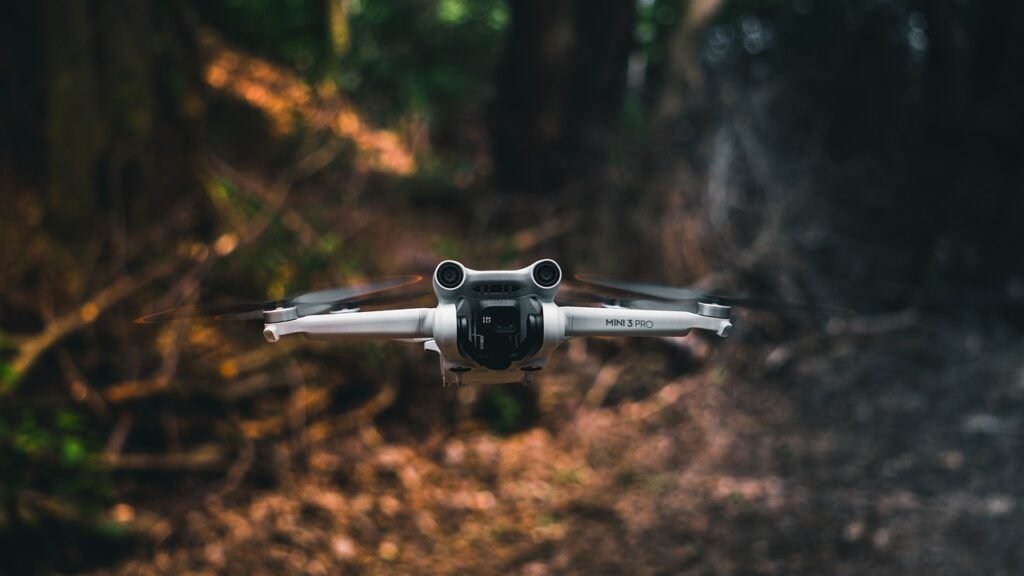

- Build a Strong Portfolio: Showcase your best work to attract clients.
- Network Actively: Attend industry events and connect with professionals.
- Seek Feedback: Continuously improve by listening to client feedback.
- Stay Passionate: Your enthusiasm will reflect in your work and attract clients.
12. Conclusion
Starting a drone business is an exciting opportunity to combine passion with entrepreneurship. By following this comprehensive guide, you’ll be well-equipped to navigate the challenges and establish a thriving business. Remember to stay informed, continuously hone your skills, and deliver exceptional service to stand out in this dynamic industry.
13. Frequently Asked Questions
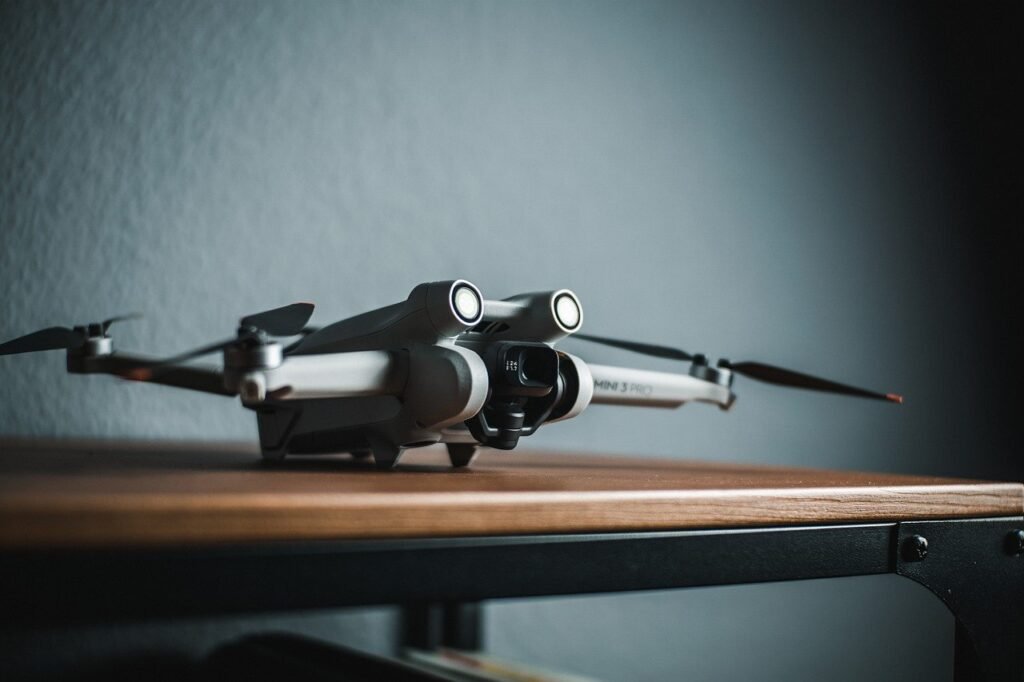

Q1: Do I need a license to operate a drone business?
A: Yes, in the United States, you must obtain the FAA’s Part 107 Remote Pilot Certificate to operate drones commercially.
Q2: How much does it cost to start a drone business?
A: Startup costs can vary widely, but you can expect to invest anywhere from $1,500 to over $10,000, depending on equipment, certifications, insurance, and marketing expenses.
Q3: What types of insurance do I need?
A: It’s recommended to have liability insurance, drone hull insurance, and professional indemnity insurance to protect against various risks.
Q4: How can I find clients for my drone business?
A: Utilize a combination of online marketing, networking, partnerships, and showcasing your portfolio on your website and social media platforms.
Q5: What is the earning potential for a drone business?
A: Earnings can vary based on services offered, market demand, and pricing strategies. Some operators earn between $50,000 to $100,000 annually or more.
Q6: What are some common challenges in the drone industry?
A: Challenges include industry competition, keeping up with technological advancements, regulatory changes, and acquiring clients.
Q7: Can I operate my drone business from home?
A: Yes, many drone businesses operate from home, especially if services are conducted at client locations.
Embark on your drone business journey today and soar to new heights in entrepreneurship!




